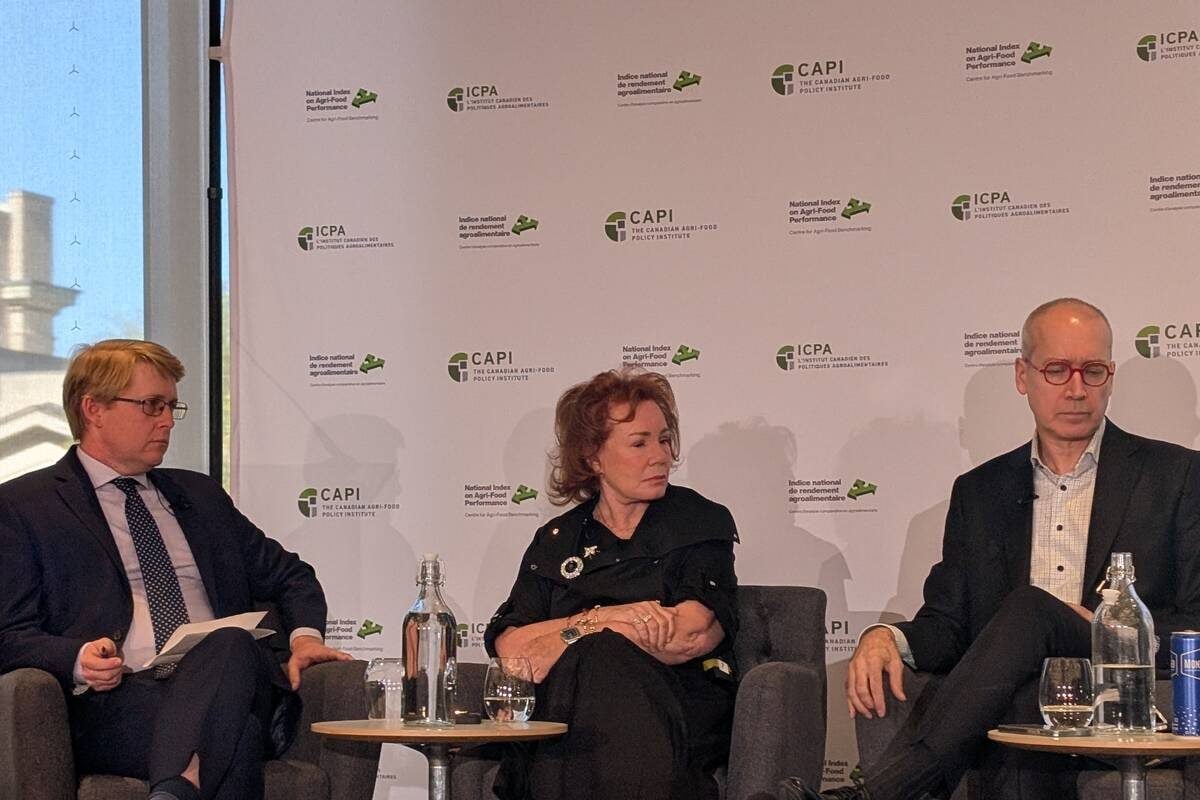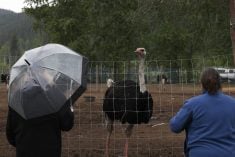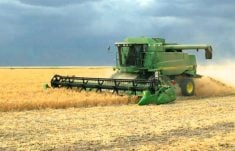ROME (Thomson Reuters Foundation) — A handful of wealthy countries are responsible for most international farmland acquisitions — what some critics term “land grabs” — in a trend that is redrawing the global map of land ownership, a new study has found.
China, the United States, Britain, Germany, Singapore and a small group of other nations account for the majority of global land acquisitions, although 126 states participate in the trade, according to research by Sweden’s Lund University.
The deals are “increasingly becoming drivers of land change”, the study said. Some food security experts say the large-scale acquisitions could undermine the livelihoods of small farmers, contribute to environmentally damaging mono crop cultivation, and allow rich countries to exploit poorer nations.
Read Also

Arlene Dickinson says recent trip to Asia opened her eyes to new trade opportunities
Arlene Dickinson says Canada must take up decades-old suggestions to support the agriculture and food sectors
“Some … see these kinds of investments as a way to develop countries while others see them as a new wave of colonization,” Emma Li Johansson, one of the study’s authors, told the Thomson Reuters Foundation. “It depends on your worldview.”
Between 81 and 203 million acres were traded through international deals from 2000-12, and land sold in this way accounts for roughly one percent of agricultural terrain, said the study, published in the November issue of the journal Environmental Research Letters.
Rights groups consider large-scale land investments “land grabs” if local farmers are displaced from their fields by investors, or if the production from farms financed by outside capital is exported away from countries where food is scarce.
The land buyers are concentrated in wealthy Western nations, the emerging economies of Asia, and the Middle East, while countries hosting large scale investments generally come from developing nations, the researchers reported.
Despite their significant scale, the pace of these deals has eased in recent years, according to one analyst.
Some high-profile investments announced between 2006-09 have yet to produce food, due to factors such as local protests, investors who lack agricultural expertise and falling commodity prices, said Michael Kugelman, of the Woodrow Wilson International Center for Scholars in Washington.
“A lot of private investors acquired land with no intention of ever farming it (as they wait for the value to increase),” Kugelman told the Thomson Reuters Foundation. “The idea of fencing off critically needed farmland and just having it sit there is troubling.”














